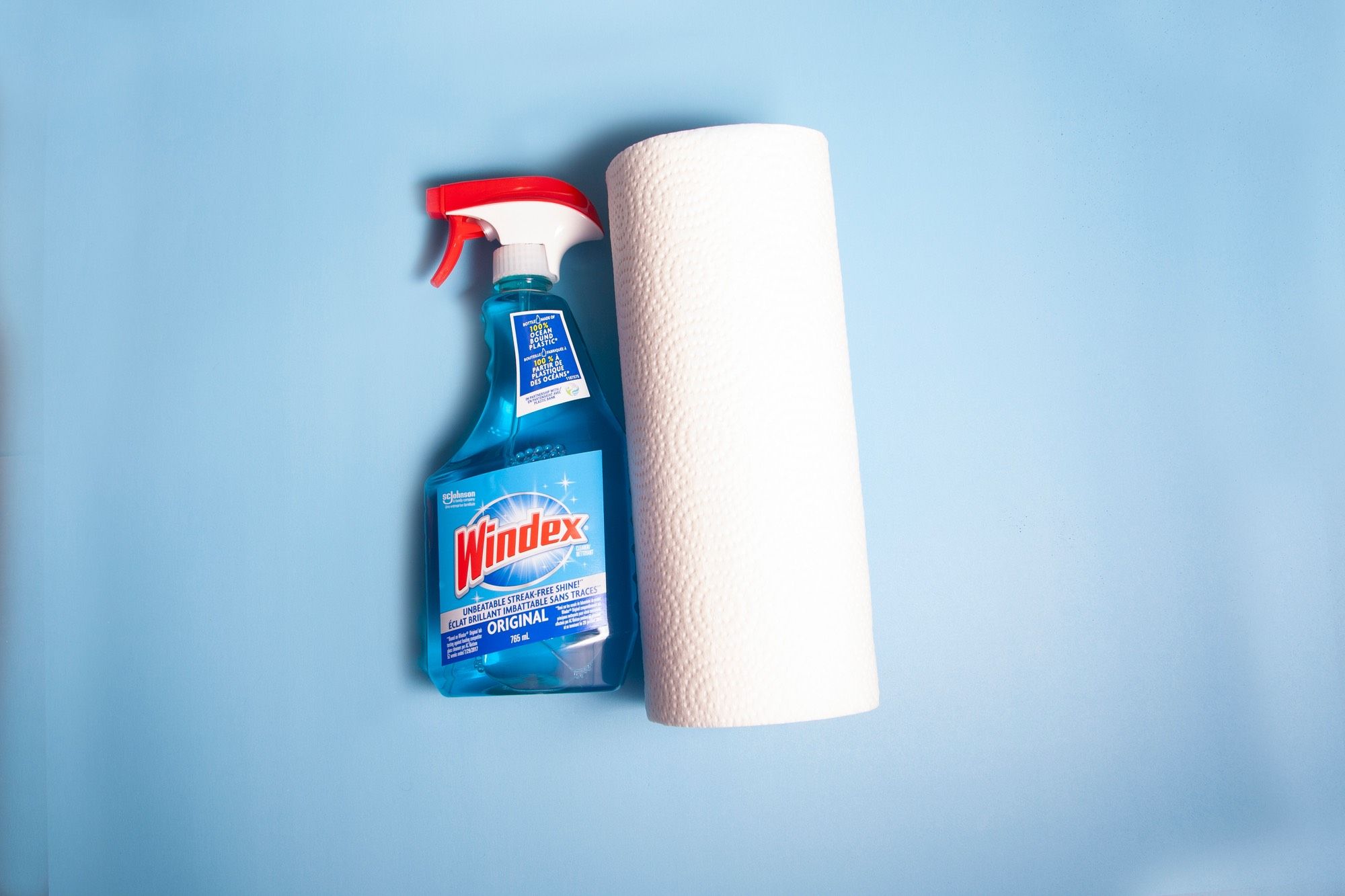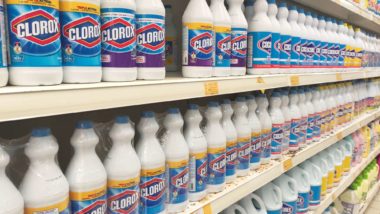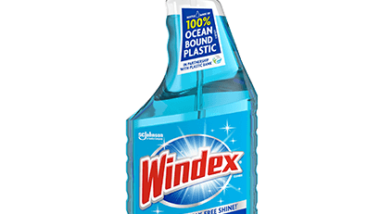A customer has filed a class action lawsuit against S.C. Johnson & Son Inc., claiming their popular window cleaner, Windex, isn’t non-toxic after all.
The Windex ingredients class action lawsuit was filed by Michelle Moran who says she purchased the Windex Original Non-Toxic Formula at a grocery store near her home for around $4 in 2019.
According to Moran, she purchased the product because it was labeled as non-toxic. However, the plaintiff says she later discovered that multiple Windex glass cleaner ingredients were indeed toxic.
She says she would not have purchased the product or would not have paid as much for it as she did if she had been aware that the product was falsely advertised.
The Windex glass cleaner ingredients class action lawsuit states that many other consumers were similarly financially injured, and the plaintiff seeks damages for herself and on behalf of a Class of similarly affected consumers.
Moran argues that a class action lawsuit is an appropriate way to address the alleged mislabeling of Windex products, because all of the products are labeled the same way.
She also argues that S.C. Johnson & Son Inc. falsely advertised their products in an effort to mislead many consumers, not just herself.
The Windex ingredients class action lawsuit asserts that many Windex products are falsely advertised as non-toxic. The plaintiff challenges the labeling of Windex Original Non-Toxic Formula, Windex Vinegar Non-Toxic Formula, Windex Ammonia-Free Non-Toxic Formula, and Windex Multi-Surface Non-Toxic Formula.
Moran not only seeks damages for past financial injury done to herself and other customers, but seeks injunctive, or future relief. She says that if she could trust the labeling of the Windex glass cleaner ingredients to be accurate in the future, she would consider purchasing them again.
However, without the court’s intervention, Moran worries that the Windex products will continue to be falsely advertised.

She says that these include “organ system toxicity, endocrine disruption, immunotoxicity, lung irritation, loss of sight, and shock.”
The plaintiff claims that the company is perfectly aware that these ingredients can cause health problems as it has admitted that many ingredients in its Windex products are known human allergens.
According to Moran, S.C. Johnson & Son chooses to advertise its Windex ingredients as non-toxic despite knowing that this is not the case.
Allegedly, this is done in the interest of maximizing profits and capitalizing on customers’ preference for non-toxic chemicals that are not harmful to humans, pets or the environment.
She says that the company profited off of this consumer preference while reaping the benefits of using harmful products. The Windex ingredients class action lawsuit claims that this deception gives the company an unfair advantage over companies that do not fraudulently represent their own products.
According to Moran, S.C. Johnson & Son has gained millions of dollars in profits from the “calculated business decision” to misrepresent its products.
The Windex ingredients class action lawsuit calls S.C. Johnson & Son’s tactic “greenwashing,” saying that falsely representing a product as healthy, safe and environmentally friendly is not an unheard of tactic among retailers.
The U.S. Federal Trade Commission is aware of the problem, Moran says, and has published guidelines on how retailers and manufacturers should faithfully represent their products.
She quotes the FTC, noting that per the organization’s guidelines, “it is deceptive to misrepresent, directly or by implication, that a product, package or service is non-toxic. Non-toxic should be clearly and prominently qualified to the extent necessary to avoid deception.”
In gesturing to these well-publicized guidelines, Moran provides support for her argument that the makers of Windex were well aware that their advertisement was misleading, and were fully capable of making the necessary clarifications to the product’s labeling.
This is not the first lawsuit filed over Windex’s alleged mislabeling — S.C. Johnson & Son has faced similar claims over allegedly toxic Windex ingredients found in its Windex Vinegar cleaning products earlier this month.
Do you look for cleaning products that are non-toxic? Share your thoughts in the comments section below.
Moran is represented by Ryan J. Clarkson, Shireen M. Clarkson, Matthew T. Theriault, and Celine Cohan of Clarkson Law Firm; and by Christopher D. Moon and Kevin O. Moon of Moon Law APC.
The Non-Toxic Windex Ingredients Class Action Lawsuit is Michelle Moran v. S.C. Johnson & Son Inc., Case No. 4:20-cv-03184-JCS, in the U.S. District Court for the Northern District of California.
ATTORNEY ADVERTISING
Top Class Actions is a Proud Member of the American Bar Association
LEGAL INFORMATION IS NOT LEGAL ADVICE
Top Class Actions Legal Statement
©2008 – 2024 Top Class Actions® LLC
Various Trademarks held by their respective owners
This website is not intended for viewing or usage by European Union citizens.















1,571 thoughts onWindex Class Action Alleges Cleaner Contains Toxic Ingredients
Our household has purchased & used Windex products for many, many years.
Please add me.
Please add me. Been using daily for over 30 years.